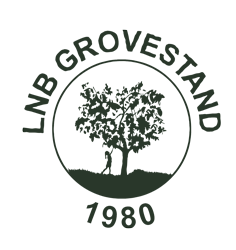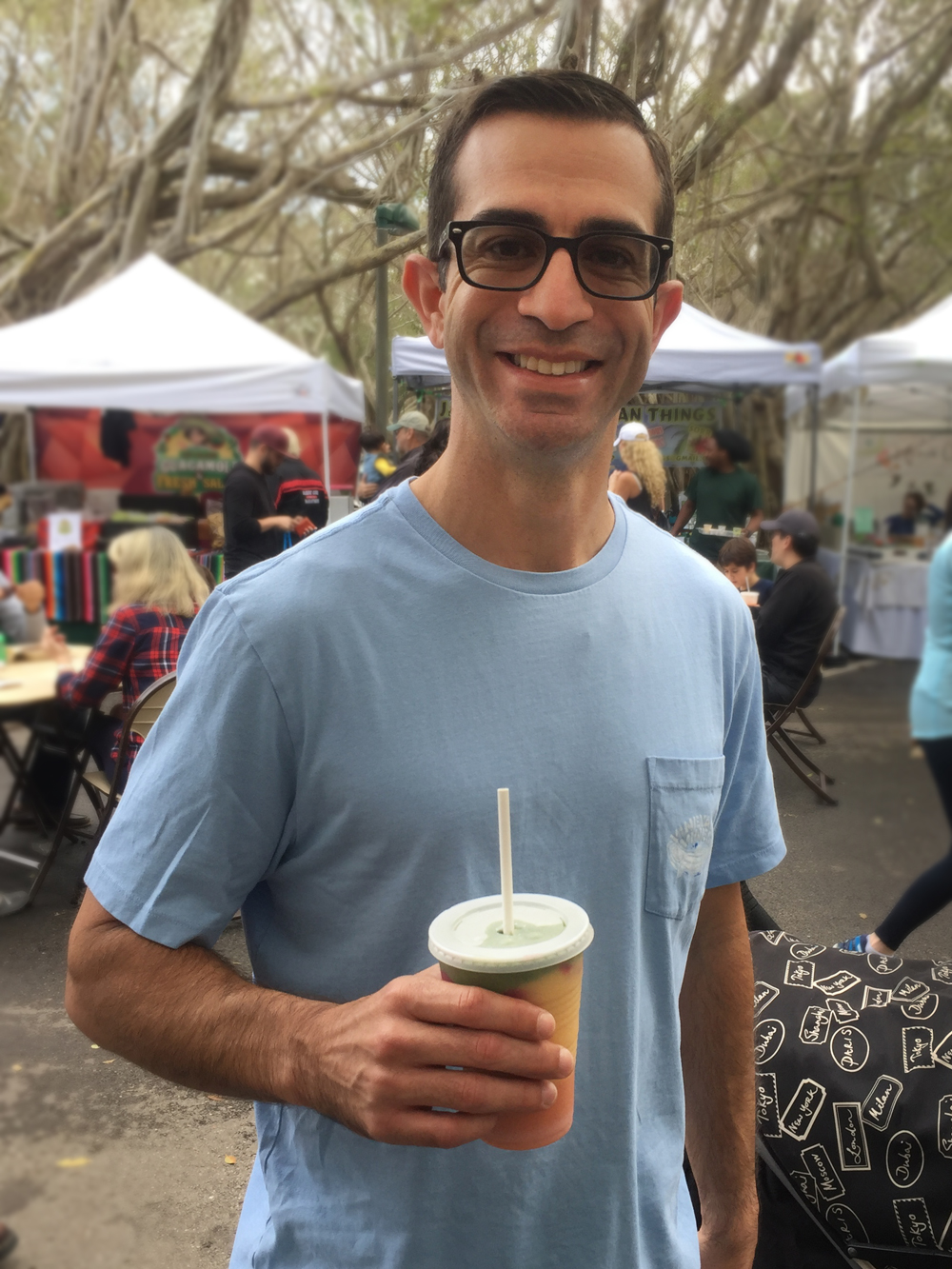
Michael
Name:
Michael
In what part of town do you live?
I live in Pinecrest but I grew up in Germany.
What brought you to the US?
I went to university in Dusseldorf and started my first job nearby. At some point I just wanted to see the rest of the world. I found a colleague who was going to a new startup in the US and he asked whether I wanted to go as well. The company got me a visa, and I came to the US in 2002.
Are you still with the same company?
The company that I moved here for was acquired in 2010 by my current employer, and I’m still with that company. So, yes. I haven’t really changed jobs in 19 years, but my responsibilities have changed.
What does the firm do?
I do IT consulting, specifically working for larger companies that need software for enterprise resource planning.
How have your responsibilities changed over the 19 years?
At the beginning, I was working as a developer. Eventually I became a manager and then partner of the firm that was acquired. Within the new company, I’m now a vice president. I just grew up through the ranks and I’ve always enjoyed what I was doing. As long as I feel challenged, I’m happy.
Outside of the office, what is keeping you busy?
We always have some side projects going on. Our big side project started in 2016. We bought a house in Pinecrest and wanted to renovate it, but eventually ended up building it from scratch. We went for LEED certification. That’s been an amazing experience. Now we have a house that is almost self-sufficient and in theory we can live off the grid. We collect our own rainwater and haven’t used Miami city water since we moved in. And, the water is cleaner than city water.
How do you ensure that the rainwater is potable?
We use a nano-filtration system from Germany. It even filters out viruses and bacteria. It’s much safer than traditional systems that work with cold filters, reverse osmosis, or UV light bulbs because there’s always some bacterial viruses that might get through. And, if a UV bulb deteriorates or you have a power outage, it doesn’t work. Every drop of water that we collect, we can use. The filters are simply mechanical. It’s a hard plastic filter, that once a year we hose down and clean.
How much water does the harvesting system collect if it rains one inch?
I don’t know about inches but in one heavy 30-minute rain event, which we have in Miami all the time, we collect 4,000 gallons of water. So in 30 minutes, we have water for three months.
What have you learned during the process?
Coming from Germany, everybody’s always environmentally conscious. It was great to meet like-minded people here that would help along the way. There’s all these small companies that can help with things like rainwater harvesting and irrigation systems that avoid water waste. We also have been working Fairchild. They have an initiative that’s called Connect to Protect. They plant Pinecrest native plans again and try to save plants that are almost extinct.
When someone comes to visit your house, what’s the first thing you show them?
I like to talk, so I’ll show them everything. The first thing I typically show them is our battery backup system and then some smaller things like our circulation pump. Sometimes you go into the shower and you run the water and it takes a minute for hot water. The pump basically circulates the hot water through the plumbing and has a return loop. It takes seconds for hot water, we save water and we save energy. And, it’s a convenience.
After going through the process, what was the biggest bang for your buck?
I would say solar. The rainwater harvesting system is actually too expensive. We’ll never recoup that money, but it’s a good feeling to have our own water.
You and Sarah have been coming to our drive through regularly this past year. What are you picking up when you come by?
My favorite is the rainbow smoothie. And, the Turmeric Hearts. They are amazing. I think I ate half of them in the car after we left you. You were right, your starfruit is definitely the best I’ve ever had. They are much better that the decoration only star fruits that I am used to.
What other local places are you regularly visiting?
When Sarah and I arrived in Miami, and we didn’t have anything in the house but an air mattress, we found the Asian Fusion Cafe in Palmetto Bay. They’re very unpretentious with very good Asian food. They’re not very expensive and super friendly.
What might you do locally for a special occasion?
We went to an event at Fairchild Garden. They have this Eat, Drink, Garden event and they have chefs coming out for an evening of outdoor dining. It’s a bit on the pricey side, but the food is just amazing and the ambiance doesn’t get much better.
What have you found is Miami’s best kept secret?
The biggest kept secret is probably that Miami has a lot more to offer than cruise ships and South Beach.
What for you is a worthy splurge?
A good bottle of wine. We went on a trip to South Africa and enjoyed some really nice wines that you cannot get in the US. So, once in a while we’ll we’ll order some to be shipped.
Are there any community groups or philanthropic groups important to you that you might like to promote or share?
Connect to Protect initiative from Fairchild Gardens. Native plants are easier to maintain because you don’t have to water them. They just live naturally here.
Is there a pitch about your business that you would like to share?
No, there’s no pitch. One thing I can offer people is help if they are looking to actually build a house with LEED or try to understand more about it.
Is there a question you would like to ask us?
(MN) Do you miss being at the farmer’s market?
(A+W) We miss seeing everyone at Pinecrest. At the drive through we get more time with each family that stops by, and that too is wonderful.
Is there a question, a challenge, or words of advice that you would like to pose to the community?
Life is a lot easier if you’re happy with yourself.
How does one become happy with themselves?
That’s a good question. I think it’s a mindset. Set yourself goals that are ambitious, but achievable. How do you eat an elephant? One bite at a time.
What have I not asked you that I should have?
(MN) You haven’t asked me anything about my twin brother.
Would you tell us about your twin brother?
My twin brother is an identical twin. When we were 18 years old in Germany, we had the mandatory draft for the military service. You could optionally do an alternate social service, which my brother did. I was in boot camp during the first three months. And they had night alarms where eight soldiers came into where we were sleeping, hammering on pots and pans and yelling at us. My heart was racing.
I went back home for the weekend and I told my brother about it and he said ‘Was it Tuesday at 2:00 AM? I woke up on Tuesday night at 2:00 AM. My heart was pounding. I was sweating and I couldn’t fall back asleep.’ There were 400 miles between us. The week after that we had another night alarm. Again, it was a stressful situation. I came back home and he said, ‘don’t say anything. Was it Wednesday, 3:00 AM?’ That was a change in our relationship – much for the better, because before we were always trying to go our own way. Then we realized that having a twin might be something special.
Next week, we are interviewing your Sarah. What should we ask her?
Ask Sarah about fostering dogs from Aruba.
Related Posts
Leave a Reply Cancel reply
You must be logged in to post a comment.



